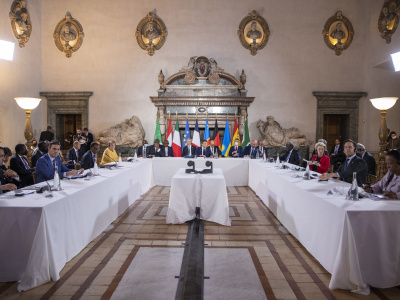
Taking Charge of Technical Cooperation: Experience from Botswana – A Case of a Country in the Driver's Seat
This review of Botswana is one of six background studies (Ethiopia, Mali, Mozambique, Tanzania and Uganda being the others) carried out as part of a broader study on the pooling of funds to finance technical assistance (TA) in the context of sector-wide approaches and other new aid delivery mechanisms. Under a pooling arrangement, international development organisations share or transfer resources to support the policy objectives of a developing country. This study is, in turn, part of the ongoing reflection within the development community on how to harmonise procedures so as to reduce the fragmentation of externally funded development activities, and to ease the considerable administrative burden they impose on developing country administrations. The study must also be seen in the context of the long-standing debate about how to increase the impact of TA, here defined as the transfer, adaptation, mobilisation and utilisation of services, skills, knowledge and technology. TA includes short- and long-term personnel from both national and foreign sources, plus training, support equipment, consultancies, study visits, seminars and various forms of linkages. The desk review on Botswana defines the conditions under which TA in that country has been very effective.


